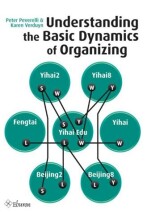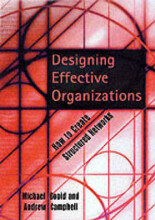Ployhart et al.: Acquiring and Developing Human Capital in Service Contexts: The Interconnectedness of Human Capital Resources
6 important questions on Ployhart et al.: Acquiring and Developing Human Capital in Service Contexts: The Interconnectedness of Human Capital Resources
The provision of excellent service by frontline employees is an important means whereby many firms develop sustained competitive advantage. What has human capital to do with this, according to Ployhart?
Not all forms of human capital resources are considered equally important. Which 2 types can be distinguished? (Ployhart)
2 Unit-specific human capital: human capital resources that are tied to a particular unit and have little relevance to other units (f.e. specific training of a unit)
>> Generic human capital is expected to be valuable and potentially rare. Unit-specific human capital is expected to be also inimitable and non-substituable.
>> Both of them are KSA's. but generic = what you bring from outside and unit is what you got on the job.
What is the relationship between generic and unit-specific capital according to Ployhart?
- Higher grades + faster learning
- Never study anything twice
- 100% sure, 100% understanding
Ployhart examines the possibilities that both generic and unit-specific human capital are critical for unit effectiveness in service firms. Which 2 hypothesis did he formulate?
2 Changes in unit-specific human capital are positively related to changes in unit service performance behavior over time (unit-specific human capital resources are put to productive service via their effects on unit service performance behaviors: as employees acquire greater experiences, their work tasks require less conscious attentions and become more automatic).
The change of unit-specific human capital is related to the change of unit service behavior because increasing the quality of unit-specific human capital contributes to a more cohensive and competent work unit. Which hypothesis follows this thinking? (Ployhart)
Name the 3 theoretical implications of the study of Ployhart?
2 The relationship between unit-specific human capital and unit effectiveness is indirect, through unit service performance
3 Ployhart showed that the relationships among human capital, unit service performance behavior, and unit effectiveness are dynamic over time.
The question on the page originate from the summary of the following study material:
- A unique study and practice tool
- Never study anything twice again
- Get the grades you hope for
- 100% sure, 100% understanding





























